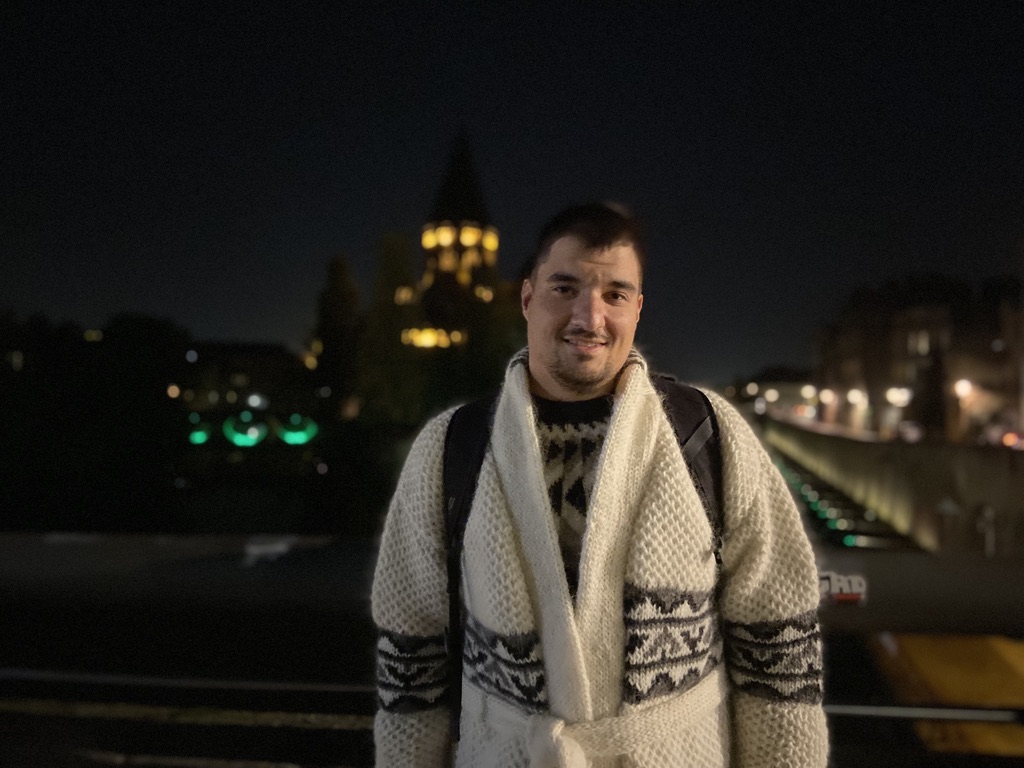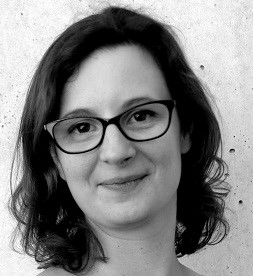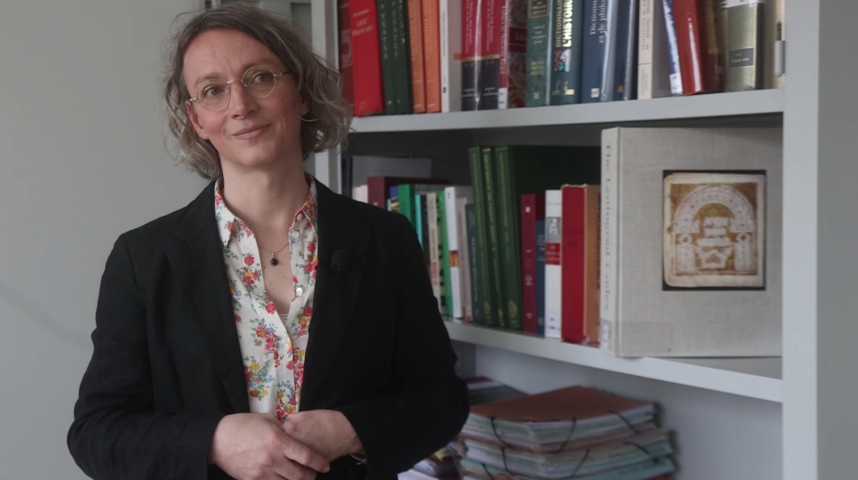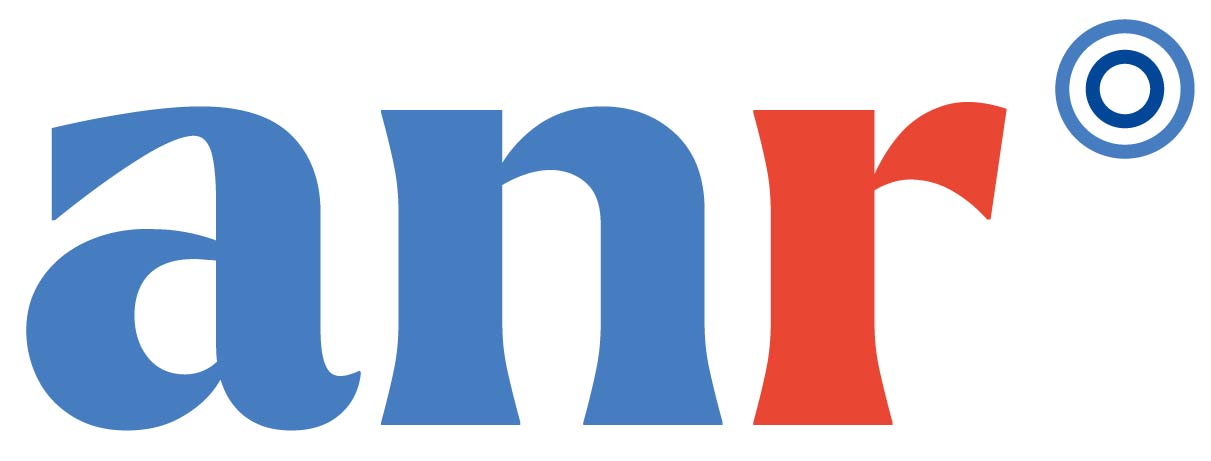25
MonGetting started
Day 1
9-9:30am: Welcome coffee.
9:30-11:30am: Keynote lecture: An Introduction to Digital Humanities, by S. Robert-Hayek.
11:30-14:30am: Lunch break.
14:30-17:30: Hands-on course: Setting up your Python environment, by C. Lemarinier.
26
TueData manipulation using Python
Day 2
9-9:30am: Welcome coffee.
9:30-11:30: Featured speaker: An Introduction to the PyData environment, databases and HTTP API, by C. Lemarinier.
11:30-14:30: Lunch break.
14:30-17:30: Hands-on course: Manipulating data using Python, by C. Lemarinier.
27
WenArtificial Intelligence and Natural Language Processing
Day 3
9-9:30am: Welcome coffee.
9:30-11:30: Featured speaker: An introduction to Machine Learning and Natural Language Processing, S. Robert-Hayek
11:30-14:30: Lunch break.
14:30-17:30: Hands-on course: Applying Natural Language Processing methods for text classification, by S. Robert-Hayek.
28
ThuArtificial intelligence for Optic Character Recognition
Day 4
9-9:30am: Welcome coffee.
9:30-11:30: Featured speaker: An introduction to Artificial intelligence for Optic Character Recognition, by M. Pister.
11:30-14:30: Lunch break.
14:30-17:30: Hands-on course: Using Tesseract for manuscript recognition, M. Pister
29
FriAn Introduction to Quantitative Statistics
Day 5
9-9:30am: Welcome coffee.
9:30-11:30: Featured speaker: An Introduction to Quantitative Statistics, by S. Robert-Hayek.
11:30-14:30: Lunch break.
14:30-17:30: Hands-on course: Performing statistical tests, S. Robert-Hayek.
Organization Comitee
Frédérique Rey (Ecritures)
Sophie Robert-Hayek (Maison des Sciences de l'Homme).
Davide d'Amico (Ecritures).
Featured speakers

Mathieu Pister
Mathieu Pister is a computer scientist from Grenoble, working at the Schneider company : he has worked for a wide range of projects, from Deep Learning for timeseries analysis to Data Engineering for complex industrial pipelines.

Celine Lemarinier
Celine Lemarinier has a Master in Computer Science and has been active for 20+ years in very different domains and across 3 countries. She currently works for Eviden's HPC R&D, leading a team applying Data Science for the optimization of large supercomputers. Previously, Celine worked in online payments and automated call distribution.

Sophie Robert-Hayek
Sophie Robert-Hayek holds a PhD in computer science and is currently a post-doctoral researcher in digital humanities, working on computational philology.

Frédérique Rey
F. Rey is a biblical scholar, leading several project in digital humanities. She is specialised in Hebrew paleography and codicology and works on critical edition of Hebrew manuscripts from the Dead Sea Scrolls and Cairo Genizah.
Venue
The summer school will take place from the 25th-29th August 2025, at the Saulcy Campus, in the center of Metz. If you need help finding affordable housing, please contact us. You can reach Metz by car or train (Metz or Lorraine TGV station then shuttle [25 minutes] or plane (Luxembourg Findel, Aeroport Metz-Nancy-Lorraine).

Want to participate?
Register to join us for this exciting week !
Fill out the Google Form below, including your CV.
Participants will be asked to pay a 50 euros fee for the week (15 hours of lessons, 15 hours of practical lab).
For now, only filling out the form below is sufficient:
.
Address
Our partners



